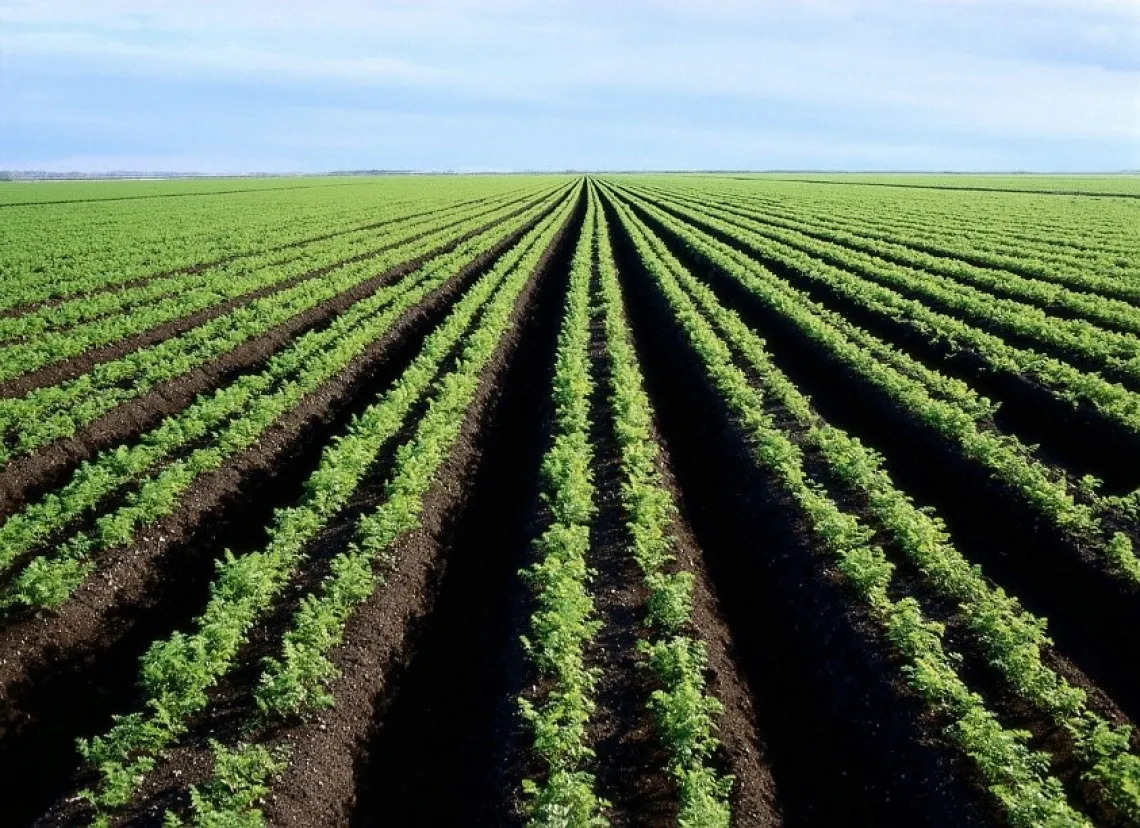Help Save Land Application of Biosolids

HELP SAVE LAND APPLICATION OF BIOSOLIDS
Class A and Class B biosolids are known to contain PFAS. Because of this, there is a growing concern that land application of biosolids could be banned in certain regions of the country or even nationally due to concern over potential groundwater contamination, or crop uptake of PFAS, and subsequent human exposure.
Local Study Solves Local Problem
In January 2020, the Pima County Board of Supervisors in Tucson, Arizona imposed a moratorium on land application throughout Pima County. This had a devastating impact on local wastewater treatment plants, increasing recycling costs dramatically, and denying local farmers access to the organic fertilizer they desired. In response to this, The University of Arizona Water and Environmental Technology Center (WET), housed in the WEST Center, collaborated with Pima County Wastewater to conduct a study to evaluate any potential adverse public health effects resulting from land application of biosolids containing PFAS. Analysis of soils from farms that had been land applied since 1984 showed low incidence of PFAS and limited transport following decades of irrigated agriculture. Based on these data, the Pima County Board of Supervisors rescinded the moratorium in December 2020. Thus science and good data helped a local problem to be solved by a local study.
For a National Problem we need a National Study
WEST Center and partners aim to conduct a national collaborative study to evaluate the incidence and mobility of PFAS following long term land application, and its potential to contaminate groundwater or be taken up by agricultural crops. We are going to conduct these studies over broad geographic regions nationally, with different climates, soil types and depths to groundwater. Data will be gathered that will allow for predictive models to be developed that can identify, when or if, PFAS from land application poses potential adverse public health effects. To do this, we are fund raising with contributions from any entity interested in land application including wastewater treatment plant utilities, private sector companies involved in land application, and non–profit regional organizations interested in promoting land application.
More information and suggested contribution levels for the project can be viewed in the pdf below (updated December 2021).
If land application of biosolids is important to you, please consider helping us thwart a potential national ban.
INTERESTED? Please contact:
Ian Pepper, Regents Professor
Director, WEST Center
University of Arizona
ipepper@arizona.edu
502 626 2322

